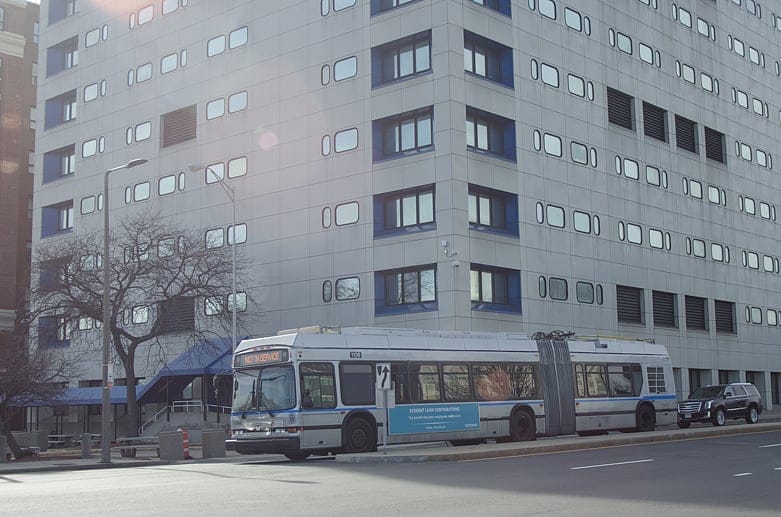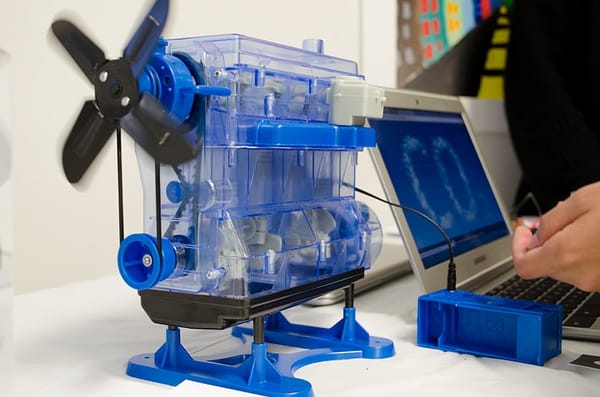Boston’s transit system named among nation’s best – truly

BOSTON – Despite its well-documented troubles, the Massachusetts Bay Transportation Authority ranks as the nation's third-best mass transit system, according to a new study.
The Chicago-based Center for Neighborhood Technology released its list of top urban transportation networks last week. Though behind San Francisco and New York City, Boston received higher marks than other big cities, including Washington, Chicago, Philadelphia and Seattle.

